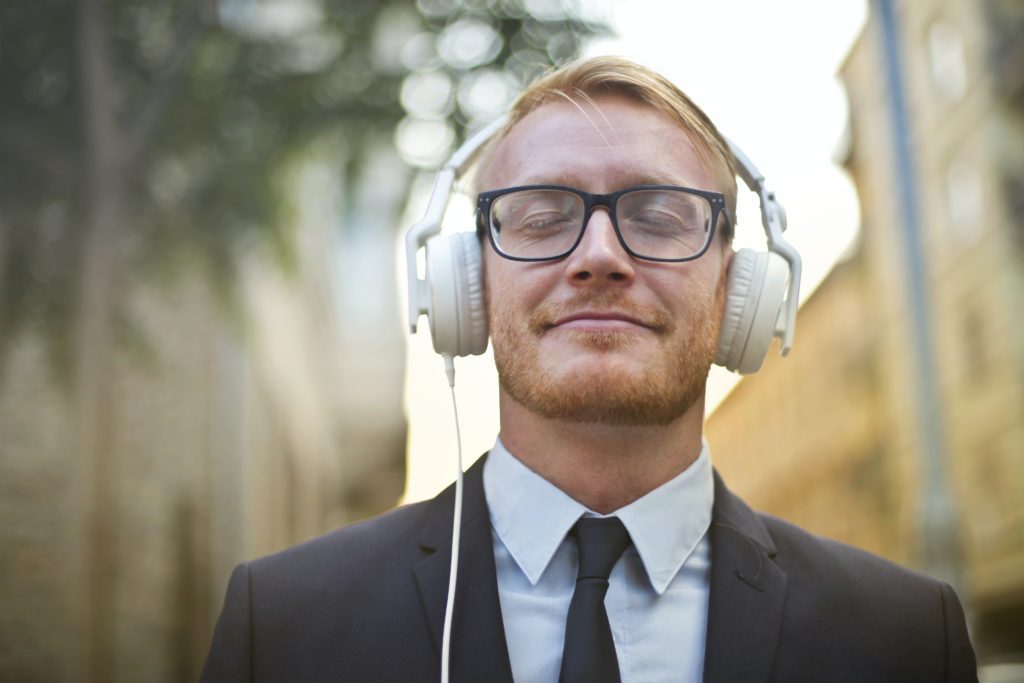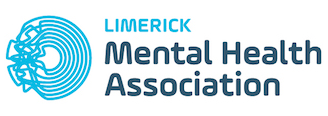
Music is a tonic, a comfort, a healing, a balm, a kind of medicine for afflicted hearts. In all cultures, all generations, all walks of life, you will find interest in making and listening to music. When it’s late at night and you can’t find a friend, there’s always the radio. With YouTube, Spotify, etc, millions of songs, songs for every mood, are at your fingertips. In the recent lockdown, people realised how important music and entertainment are to helping us to endure. We need physical food for our bodies but we need nourishment too for the inner person. Art, literature, film – they can provide that. But music is unique in its ability to speak straight to your heart. It’s beyond the power of words to explain how it happens but it just does. You know it. You hear a song. You’re moved. You’re transported. You’re in a different place, emotionally, spiritually. The four walls of your room are still there. But your deeper self has just communed with pure emotional truth and you will never be the same again.
When I attended the music group at Limerick Mental Health Association in recent years, when Julianne Hennelly was overseeing affairs, it was wonderful to observe the effects on people who sang, played an instrument, hummed along, or just sat and enjoyed the experience. I remember one man, an expert drummer, watching him close his eyes and get caught up in the moment of making music. Whatever troubles he had, and we all have them, for those precious moments he was not in that place of trouble, he was one with the drum and the sound and the music. He was LOST IN MUSIC. What a great place to be. Memories of troubles will return, but FOR NOW they don’t matter, FOR NOW we are taking time out, FOR NOW we are the music makers and we are the dreamers of dreams.
Do you sing? You know, EVERYBODY can sing but we can’t all sing the whole range of notes. Challenge yourself. Bring up the lyrics of your favourite songs on some electronic screen. Sing along, sing your heart out, sing yourself into a different place. It’s a great form of healing. It’s a great way to cleanse your system of everyday toxicity. Let yourself go. Mean the words when you sing them, mean the emotions, identify with the theme of the song, live and breathe every rise and fall of your heart as you lose yourself in music. Let yourself go, free yourself for a while, and later bring yourself back again.
There are many scientific studies published in leading academic journals which reinforce what humans know instinctively to be true: music has a powerful effect on many parts of the brain. These effects can be seen visibly through electro magnetic resonance imaging. One professor writes: “Music isn’t going to cure anything, but it definitely has a therapeutic role”. Increasingly, modern medicine is recognising the benefits of music therapy for patients recovering from strokes and traumatic brain injuries. Music therapy is becoming an established discipline in itself with the Irish World Academy of Music and Dance at UL offering degree courses. The intriguing question the course asks is: What exactly is the relationship between human experience, behaviour, and music?
Written by Jason O’Donnell, a member of LMHA who has lived experience of a variety of mental health conditions and is grateful for the insight and empathy these have given him into other people’s experiences.
